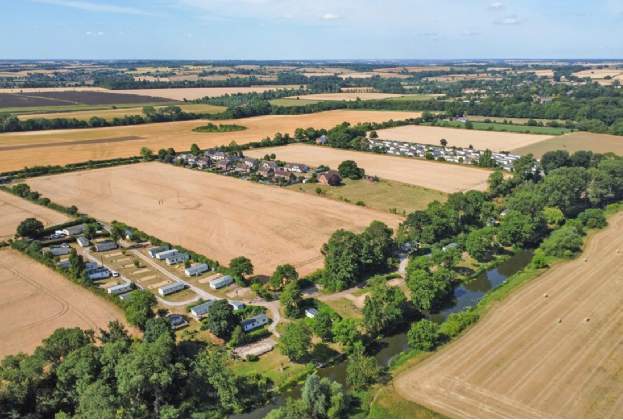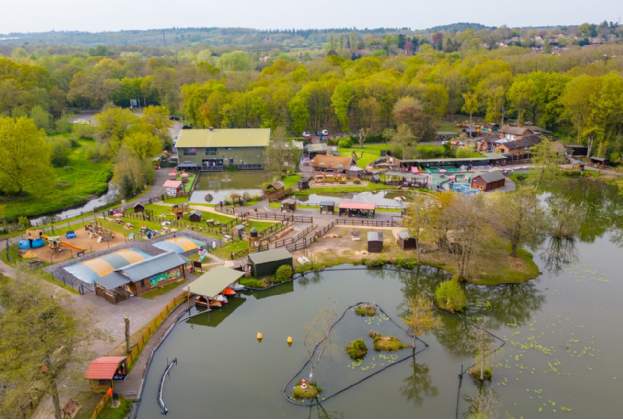Following another World Space Week from 6-10 October, when over 2,400 events were held globally, it feels a good time to review the trends and scale of opportunity for this sector in the UK.
Two years ago I wrote how the UK’s space sector was on an upward trajectory, having grown from being worth approximately £14.8 billion in 2016/17 to £15.5 billion in 2017/18. Estimates put the global space sector being valued at £1.5 trillion by 2040 – half the size of today's entire UK economy. The growth in the commercial space, satellite and earth observation markets is clearly going to blast off fast.
The flow of global venture capital (VC) funding into ‘space tech’ in 2020 has already passed the £3 billion mark. In comparison, levels in both 2018 and 2019 were around £1.8 billion. In the UK, the industry is at a nascent stage, with the level of VC only at the tens of millions mark, but the flow of VC into UK companies is encouraging.
UK companies are consolidating their expertise in satellite and communication technologies, used for broadcasting and telecoms, in-space robotics and space launch and propulsion systems. The impact is that these companies, in terms of the real estate need, crosses into requirements for all types of space, particularly R&D-type property.
Recently, the UK Space Agency awarded an initial £1 million to seven firms to help advance novel sensor technologies and the smart algorithms needed to identify ‘space junk’ – the redundant satellites and debris still in orbit that risk damaging those in operation.
In September, the Government announced the launch of several ‘nanosatellites’ into orbit and also committed to exploring ways to innovate the UK’s satellite navigation and timing capability programme – effectively the development of new ‘sat nav’ systems to be used by transport systems, energy networks, mobile communications and national security and defence.
Clearly, this plays well to the theme of World Space Week 2020 which was ‘satellites improve life’.
Location-wise the industry continues to be spread across the country. Looking at VC deals, the data shows there is a cluster of growing activity around Oxford, with a large fundraise by a company looking into aerospace engine technology designed to unlock the future of space access propulsion and hypersonic flight.
530 miles away, meanwhile, on the north Scotland coast a small company has raised VC to develop its orbital launch services to make little satellite launches easier.
It’s no surprise that the location of some of the funding correlates with the presence of Catapult centres (organisations set up by Innovate UK to promote R&D through business-led collaboration between scientists and engineers) across the UK, including the Compound Semiconductor Application innovation centre in Newport, Wales and the Satellite Applications Catapult at Harwell Campus, Oxfordshire.
The events of 2016 led to many questions over the future of the space industry after the UK’s departure from the EU. So far, although 2020 volumes of funding look small compared with other industries, the Government’s commitment to the sector appears encouraging with its plan for the UK to capture 10 per cent of the global space market by 2030, around three times larger than it is today.
We therefore envisage further stellar growth and take-up of space by companies over the coming years.
.jpg)
.jpg)


.jpg)
